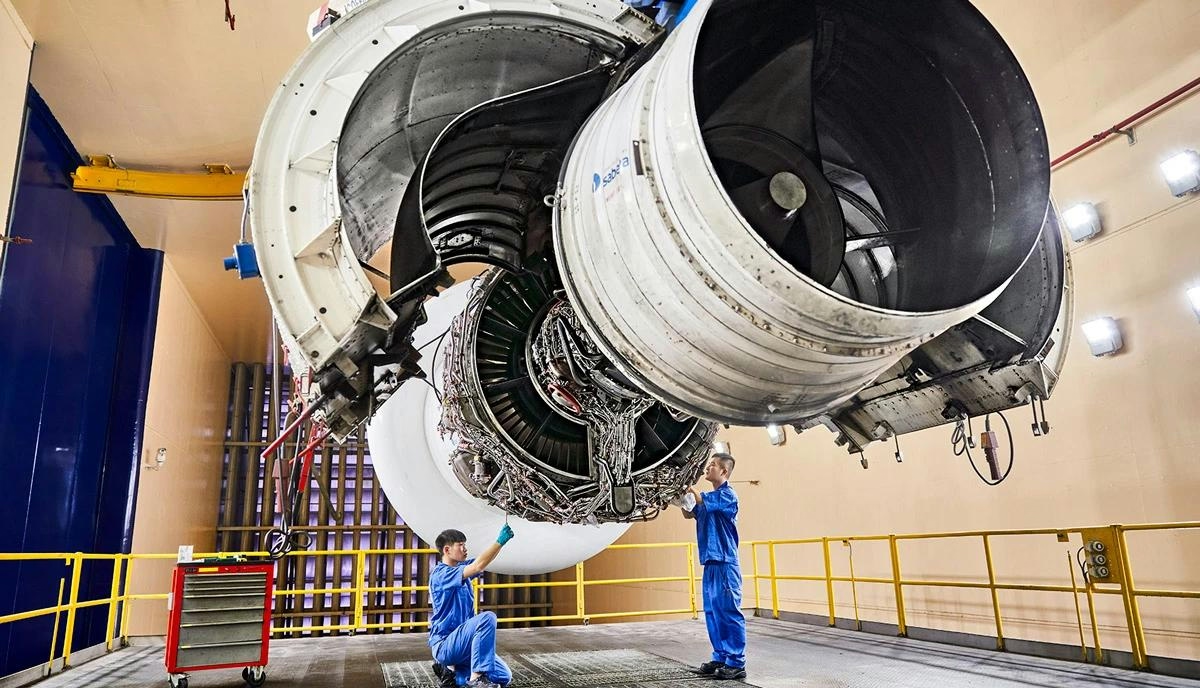
E-mails plus intelligents, affaires plus rapides. Marquage, analyse et réponse automatique aux demandes de devis, devis, commandes, etc. — instantanément.
Tendances
Avioniq and BAE Systems Test AI Pilot Assistance for Eurofighter
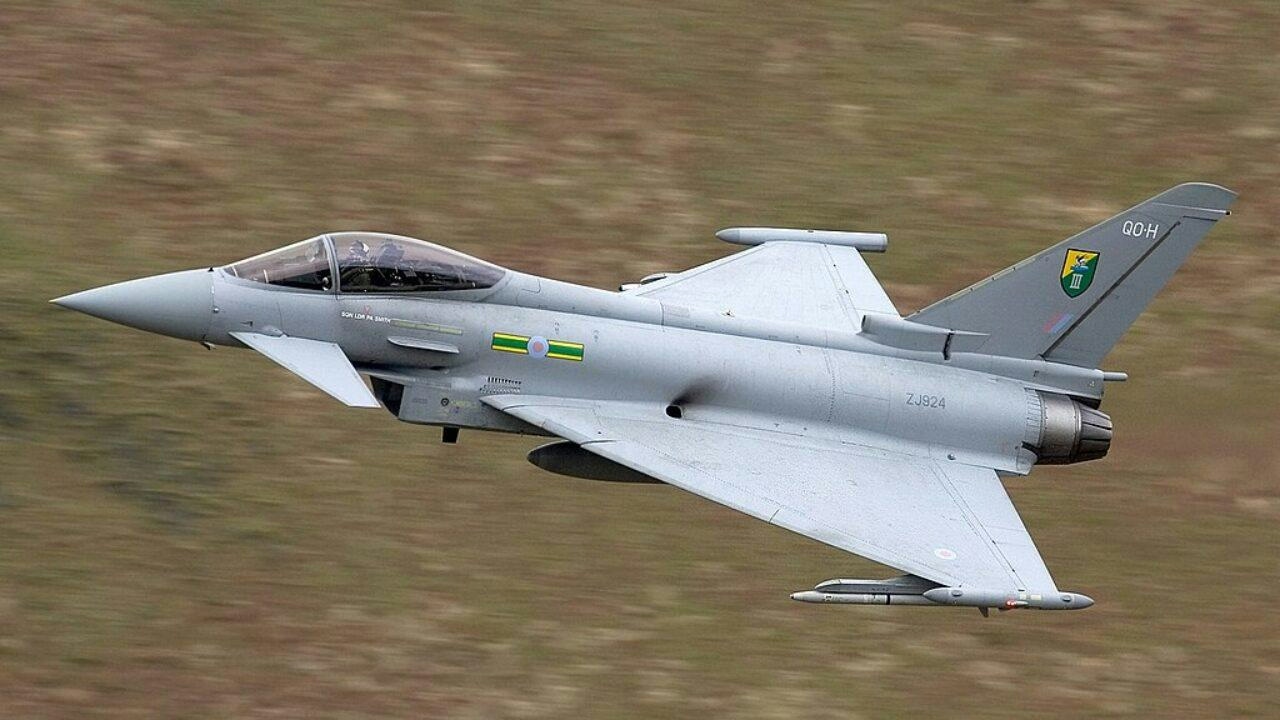
Avioniq and BAE Systems Advance AI Pilot Assistance for Eurofighter Typhoon
Avioniq and BAE Systems have initiated testing of an artificial intelligence (AI) pilot assistance system tailored for the Eurofighter Typhoon, aiming to enhance pilot decision-making and extend the aircraft’s operational capabilities. This development aligns with a broader industry trend, as defense contractors increasingly seek to integrate sophisticated AI technologies into existing fighter fleets. Air forces worldwide are pursuing such upgrades as a cost-effective means to prolong the service life of their current platforms amid evolving combat requirements.
Enhancing Pilot Support Through AI
Currently in the validation phase, the AI pilot assistance system is designed to process extensive data streams in real time, providing pilots with actionable recommendations and automating select tasks to alleviate workload during complex missions. The technology promises to be a critical asset in future air combat scenarios, where rapid decision-making and efficient information management are vital. By supporting pilots with advanced data analysis and task automation, the system aims to improve situational awareness and operational effectiveness.
Challenges in Integration and Market Dynamics
Despite its potential, integrating AI into established military aircraft presents considerable challenges. The financial burden of retrofitting existing fleets with advanced AI capabilities remains a significant concern for defense budgets. Moreover, rigorous testing and validation are essential to ensure the reliability, safety, and trustworthiness of AI-based decision-support systems. Compatibility with current military infrastructure and legacy systems further complicates the integration process, requiring careful coordination and technical adaptation.
Nonetheless, the market response has been notably positive, particularly among air forces seeking to maximize the value of their Eurofighter Typhoons without committing to entirely new platforms. The collaboration between Avioniq and BAE Systems is viewed as a strategic move to sustain the Eurofighter’s competitiveness amid a rapidly evolving defense landscape.
Competitive Landscape and Future Implications
The competitive environment is already responding to these advancements. Saab, for instance, has successfully integrated Helsing’s Centaur AI into its Gripen E fighter, positioning it as a direct competitor in the emerging AI-enhanced fighter jet segment. This development highlights the intensifying rivalry among manufacturers striving to deliver cutting-edge, AI-driven capabilities to their customers.
As testing progresses, the outcome of Avioniq and BAE Systems’ AI pilot assistance system could significantly influence future procurement decisions and establish new benchmarks for AI integration in military aviation. The success of this initiative is poised to impact not only the Eurofighter program but also broader trends in the adoption of artificial intelligence across the defense sector.
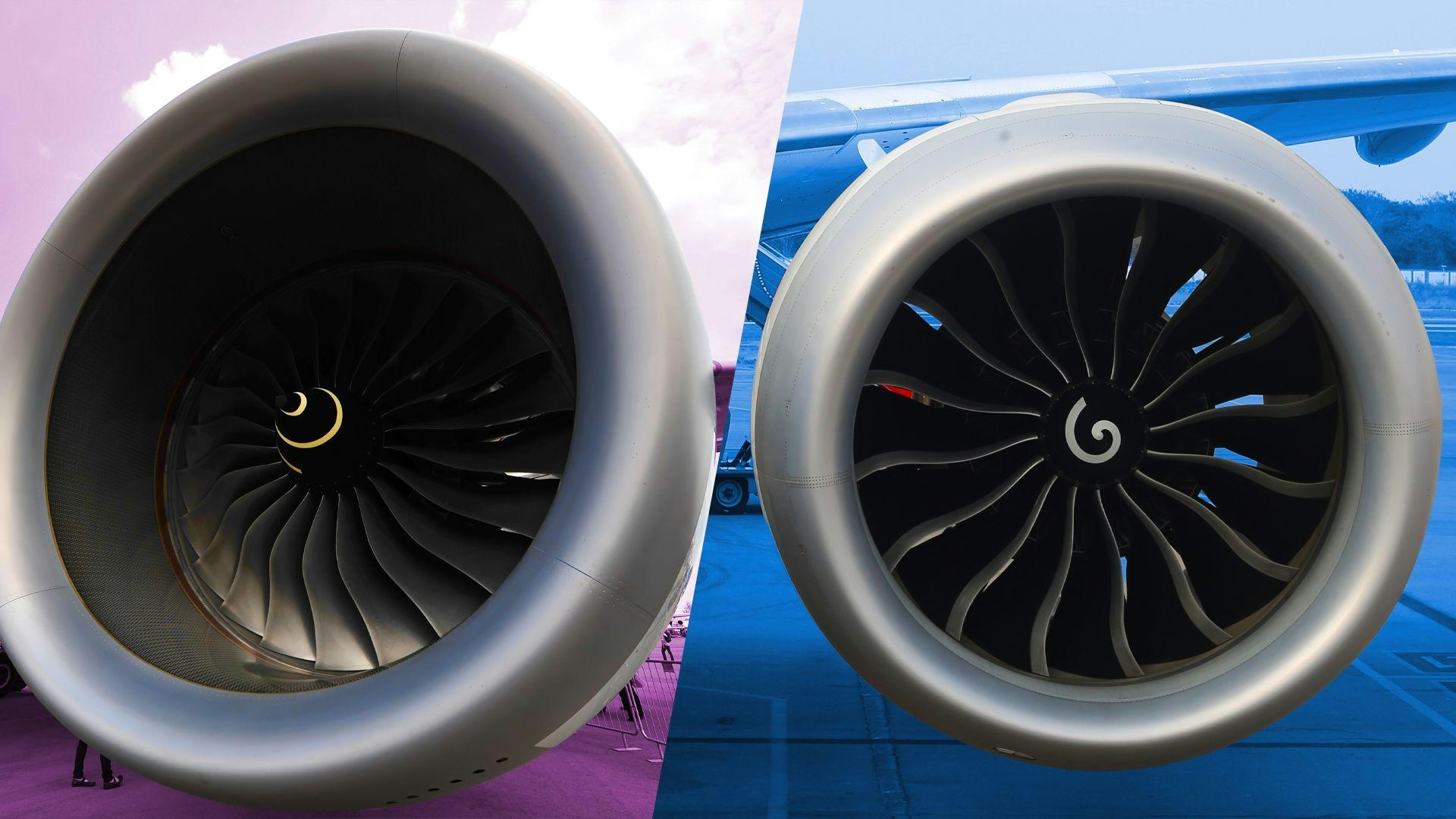
Why Some Airlines Are Choosing General Electric Over Rolls-Royce Engines
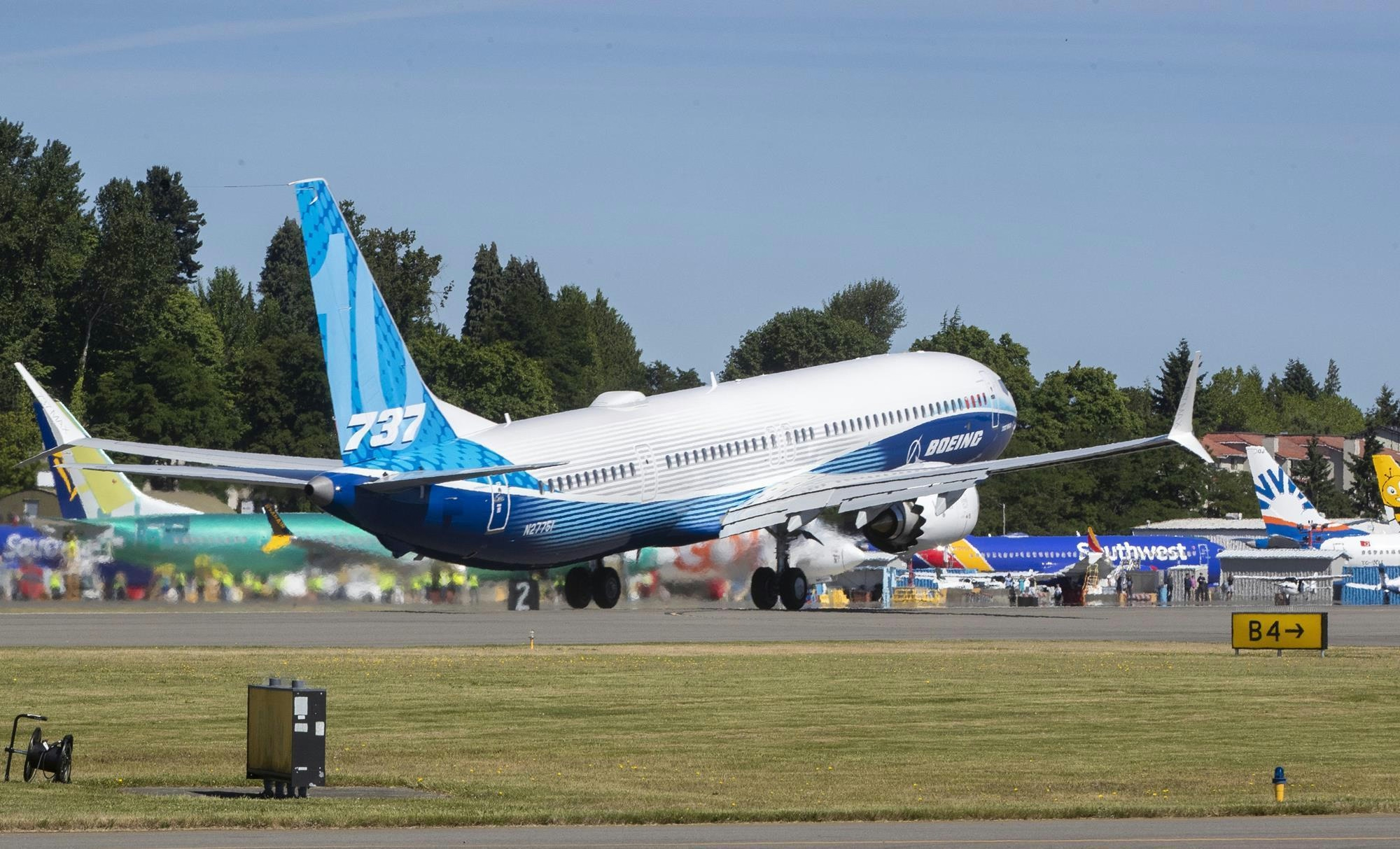
Engine Anti-Ice Tests Advance 737-10 Certification Amid Increased Deliveries

Delta Air Lines Prohibits Personal AI Smart Glasses for Flight Attendants
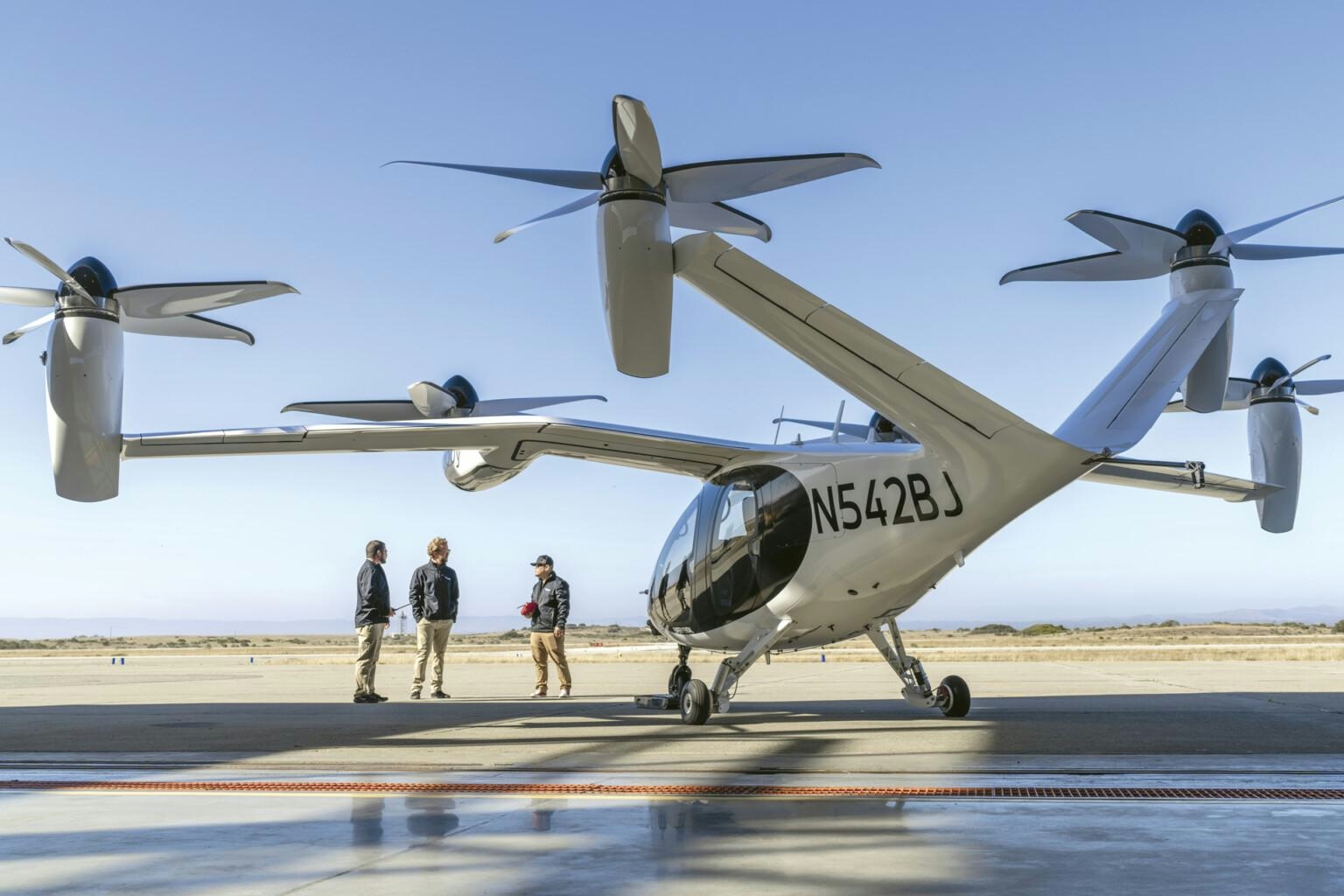
Emerging Roles Shaping the Future of Aviation

Airline Stocks Face Uncertainty Amid Tariff Concerns

Air India Crash: How Detailed Were Earlier AAIB Preliminary Reports?
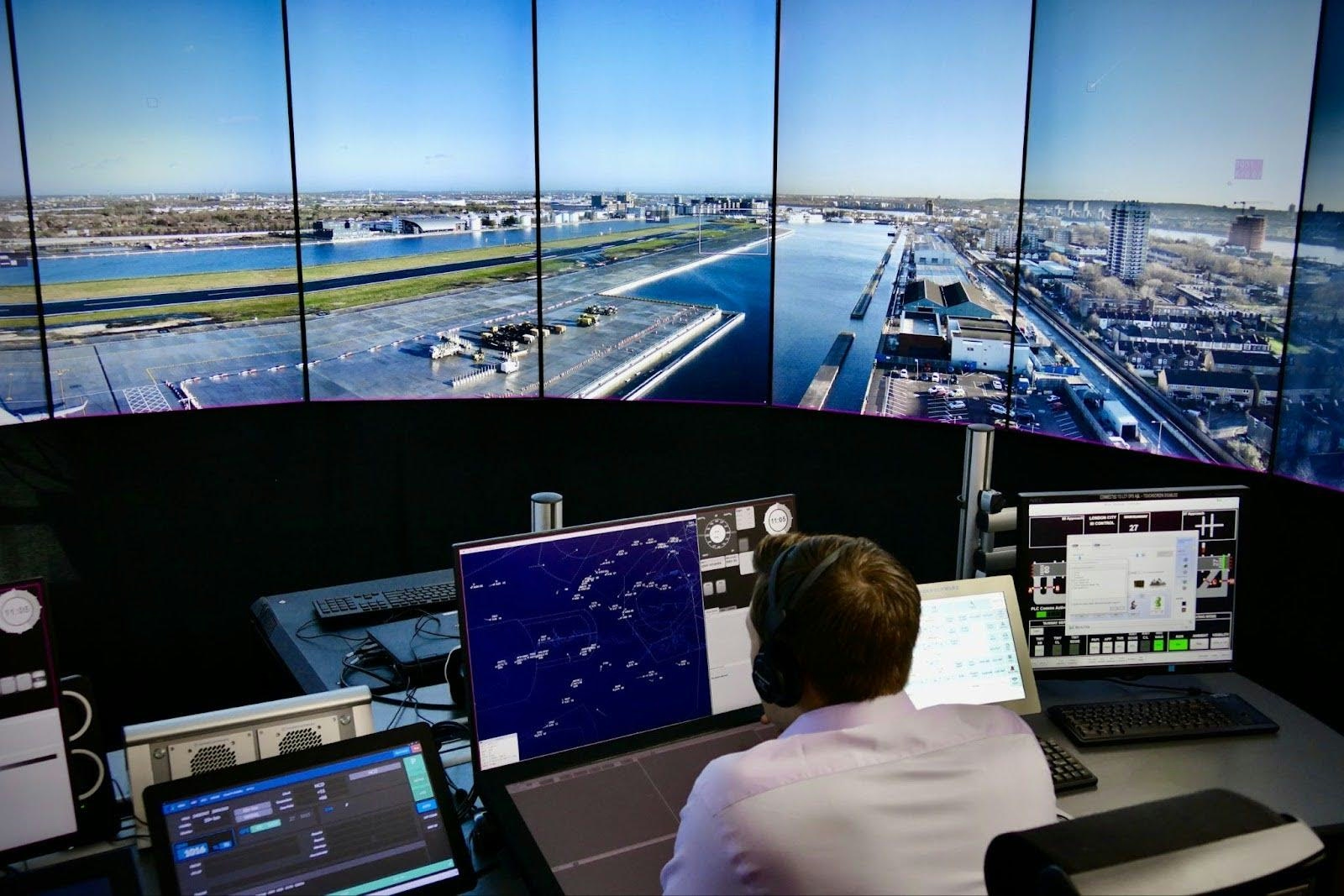
Could AI Replace Air Traffic Controllers to Improve Aviation Safety?
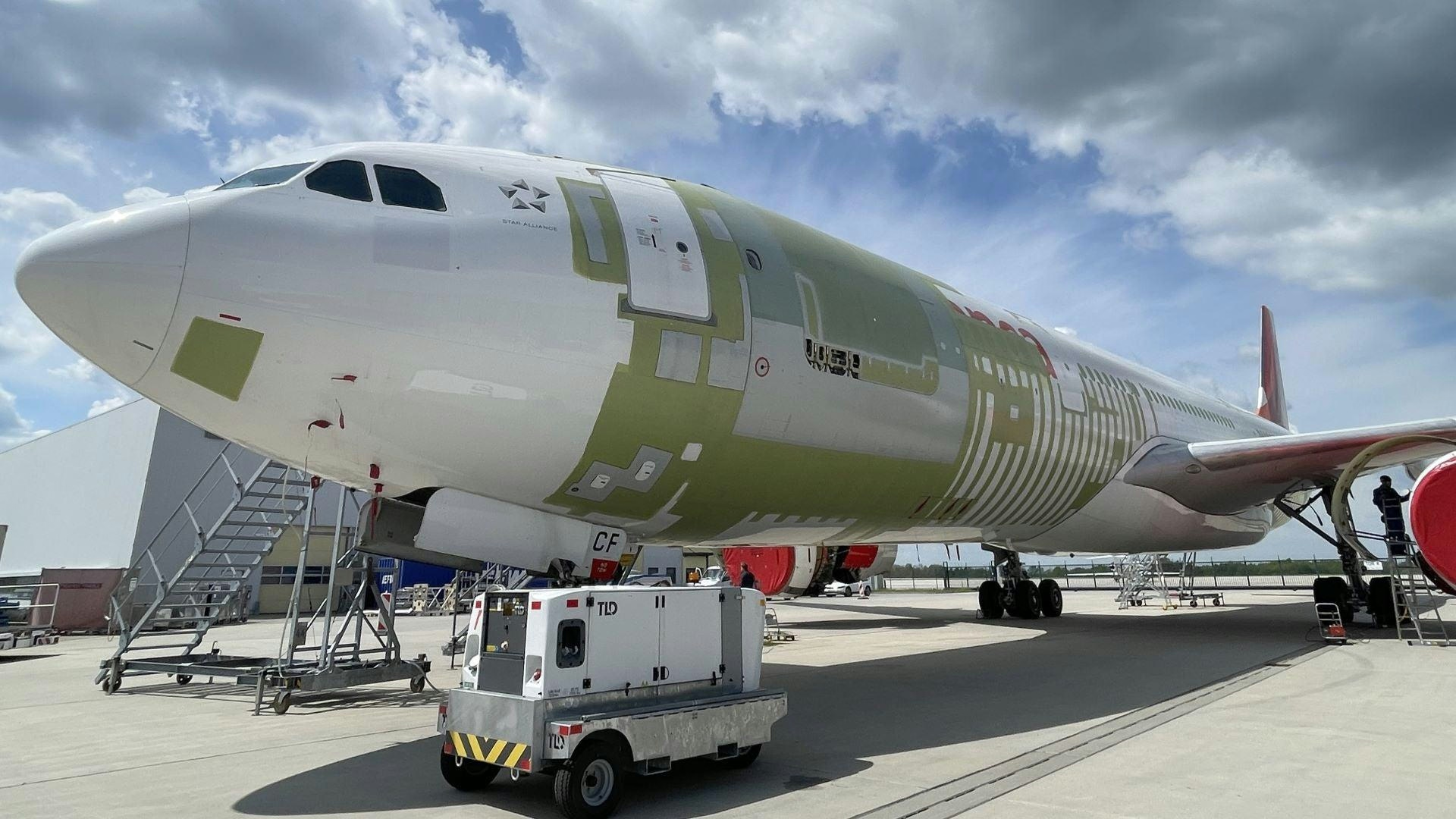
Amazon Acquires A330-300 from Stratos for Passenger-to-Freighter Conversion

PBY-5A Catalina 'Miss Pick Up' Returns to Duxford After Engine Replacement in France
